Vitamin C, also known as ascorbic acid, is important for the growth, repair, and development of all body tissues. It supports the formation of collagen, absorption of iron, healthy functioning of the immune system, wound healing, and the maintenance of cartilage, bones, and teeth. It also protects memory and thinking as you age.
It is indeed an extremely important vitamin for your health and well-being.
In this article, I am going to write about most things Vitamin C for your reference so that you can understand the importance of this vitamin in your diet and make better food choices that ensure you meet the vitamin C requirements of your body for optimal health and performance.
The reason I am doing this series is that many times our cognitive or physical abilities are hampered, and we feel sick or demotivated because of improper nutrition, and not because we are disabled in any way.
So, such a hidden roadblock must be brought to light and removed because it comes between us and living a full life.
In a previous larger article, I covered nutrition in general and how to consume the 6 essential nutrients your body needs properly for health and fitness.
Building upon that I am doing a series of articles to expound on those nutrients and help you find the best sources of carbohydrates, lipids (fats and oils), proteins, vitamins, and minerals. Because just telling you how to consume them properly won’t help. I must tell you where to get the best quality of them.
So, in this article, we will be covering the best sources of Vitamin C, understand its functions in necessary detail and comprehend what its deficiency can result into.
Please note, that I am doing this based on thorough research on the internet and from the benefits or trouble I have experienced by adhering to a healthy or unhealthy diet.
Although all the information presented here is from trusted sources this is simply a guide and not professional advice.
I strongly recommend taking professional advice if this article sparks that curiosity in you.
Basics of vitamin C
Vitamin C is a water-soluble vitamin and so your body does not store it. You need to consume it regularly to maintain healthy levels. It’s one of the many potent antioxidants that can protect you against cellular damage caused by free radicals, toxic chemicals, and pollutants like cigarette smoke.
Free radicals have been observed to contribute to the development of health conditions such as heart disease, arthritis, and cancer.
It’s rare to overdose on vitamin C because your body does not store it but it’s best to avoid the upper limit of 2000 milligrams a day to avoid any problems.
Eating fruits and vegetables high in vitamin C raw or cooked in minimal water can help you get all the vitamin C you require.
As essential as it is it helps form and maintain bones, skin, and blood vessels. It also helps reduce inflammation because of its antioxidant content.
The main component of connective tissues in your body, collagen is also produced with the help of vitamin C.
Fibrous tissues dependent on vitamin C for development, health, and longevity:
- Bones
- Ligaments
- Skin
- Cornea
- Gut
- Blood vessels
- Tendons
- Ligaments
So basically, if you want to be a healthy, walking, living skeleton covered in healthy glowing skin then you need the proper amount of vitamin C in your life.
For the filler between your skin and skeleton, you need protein, carbs, and fats.
Benefits of Vitamin C
While we covered the major functions of vitamin C in our body above. Below are some specific benefits that we derive from its sufficient consumption.
Helps in the Prevention of the Common Cold and Supports Cardiovascular Health
Its antioxidant properties and the proclivity of vitamin C to widen blood vessels enhances overall cardiovascular functions.
Alleviates Anaemia
As we noted before, vitamin C aids iron absorption. In case of anaemia health professionals often recommend vitamin C supplements with iron tablets to tackle anaemia.
Protects From Harmful Effects of Pollution
A combination of vitamin C and vitamin E has been observed by some research to protect against harmful elements present in city pollution.
Alleviates Allergies
The severity of allergic reactions is reduced by consuming adequate amounts of Vitamin C because it lessens the inflammatory response triggered by the immune system. In a 2018 study, it was also found that low vitamin C levels were common in people with allergies.
Guards Against Stress-related Diseases
The first nutrient that gets depleted in alcoholics, smokers, and obese people is vitamin C. A vitamin C deficiency is associated with a number of stress-induced diseases. So, if you fall in either of the categories or even otherwise, if you have difficulty dealing with stress, then ensure you have a healthy supply of vitamin C.
Slows Down Aging
In a study published in the American Journal of Clinical Nutrition which examined links between nutrient intake and skin aging in 4,025 women, aged 40-70, it found that high vitamin C intake was associated with a lower likelihood of wrinkled appearance and dryness of the skin. Apart from topical treatment with vitamin C, consumption of vitamin C has been observed to enable better skin aging.
Boosts Immunity
White blood cells are the primary force of our immune system. Vitamin C is known to boost immunity by helping white blood cells function effectively.
Supports Wound Healing
Supports wound healing
People who have a low intake of vitamin C may experience slower healing of wounds because their body cannot produce enough collagen which is utilized in developing skin, muscle, and other tissues. So having sufficient vitamin C in the bloodstream ensures better healing of wounds.
Best Sources of Vitamin C
- Mango
- Papaya
- Watermelon
- Pineapple
- Tomatoes
- Bell peppers
- Strawberries
- Citrus fruits (oranges, kiwi, lemon, grapefruit)
- Cruciferous vegetables (cabbage, cauliflower, broccoli, brussels sprouts)
- White potatoes
- Guavas
- Cantaloupe
- Winter squash
- Raspberries
Signs of Vitamin C Deficiency
Situations in which someone can be at greater risk of vitamin C deficiency include eating a monotonous diet restricted in fruits and vegetables, smoking or long-term exposure to secondhand smoke, and drug and alcohol abuse.
Common Signs of a Deficiency Include:
- Hair loss
- Fatigue
- Malaise (A general feeling of discomfort or unease whose exact cause is unidentified)
- Iron-deficiency
- Swelling or bleeding of gums and teeth loss
An extreme sign of vitamin C deficiency is scurvy in which connective tissues become weak, bones become softer, etc.
As mentioned earlier people who smoke need more vitamin C. Smoking and regular exposure to other pollutants, which is the case nowadays, creates oxidative stress. Antioxidants in vitamin C can help reduce oxidative stress. Mucous membranes of the mouth, throat, and lungs are also inflamed by smoking.
Vitamin C is important for healthy mucosa and to help reduce inflammation.
So if you fall in this category then understand that smoking is overall detrimental to your health.
Conclusion
First of all, get your diet in check. Diet does not mean eating less or eating more or eating only specific types of food. Diet means your overall food consumption for nutrition. After closely understanding the roles of various micro and macronutrients in your body, it must be becoming clearer to you how important a well-balanced, varied diet is important for your quality of life.
Vitamin C is as important as the other vitamins and minerals mentioned in this series on nutrition.
While if you think you need special advice for improving your health then surely do consult a health professional but if you are relatively healthy then eating a balanced varied diet should climb on the top of your list.
Remember vitamin C is vital for your immune system, connective tissue, blood vessel health, and more.
Eating a wide variety of fruits and vegetables is the surest way to get your daily dose of Vitamin C and many other nutrients important for your health and well-being.
These are the basics of vitamin C. If you want to continue learning about other vitamins then just click on the names of A, B, D, E, and K and it will take you to their corresponding articles.
To learn about the best sources of carbohydrates, lipids (fats and oils) and proteins visit their pages.
If you want to get an overview of nutrition then read the article “6 Essential Nutrients Your Body Needs and How to Consume them for Fitness”. To learn about the basics of exercise read the article Basics of exercise and how to select appropriate activity levels for fitness.
I would also encourage you to check out the article on Pranayama, which I believe is one of the best ways to enhance our health and uplift our spirits, apart from good nutrition and exercise, and on the same wavelength also read the article on sound healing which is a scientific and spiritual discussion on the healing power of sound and frequencies.
I hope you get tons of value from this series and if you do then consider subscribing to Soulo’s YouTube channel or following it on Instagram. You can also join my newsletter list by using the form below.
Thanks for reading and I hope you apply everything you learn on Soulo Motivation and enhance your life one day at a time.

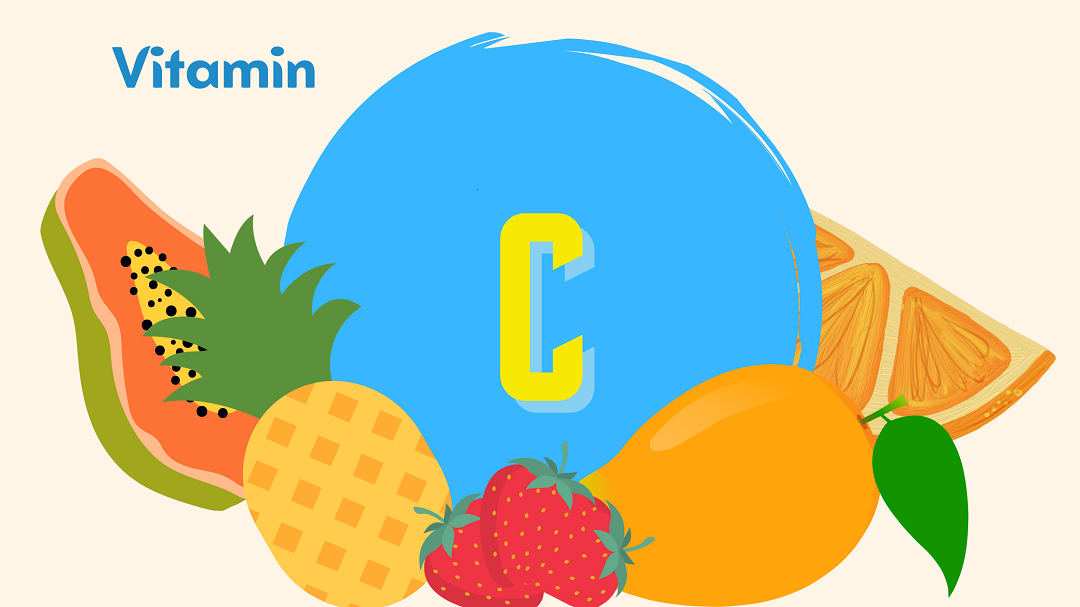
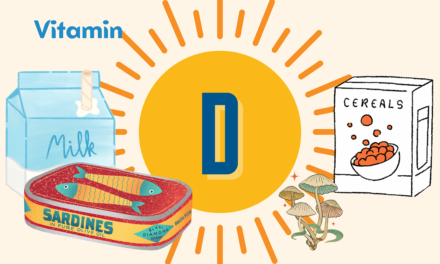
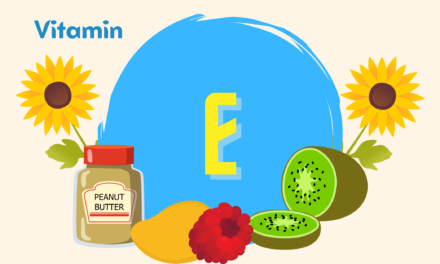
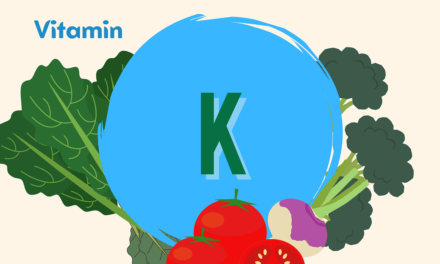
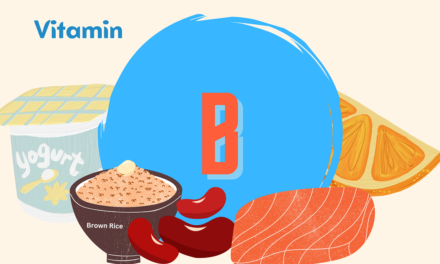



Its like you read my mind! You appear to know a lot about this, like you wrote the book in it or something. I think that you could do with some pics to drive the message home a little bit, but instead of that, this is fantastic blog. An excellent read. I will certainly be back.
Thank you for taking time to write your thoughts down for me to read. I am glad you found this interesting and helpful. If you would like to connect with me a little more actively consider following Soulo on Instagram and subscribing to our email list. Other than that it will great to have you back here on the website for reading more content.